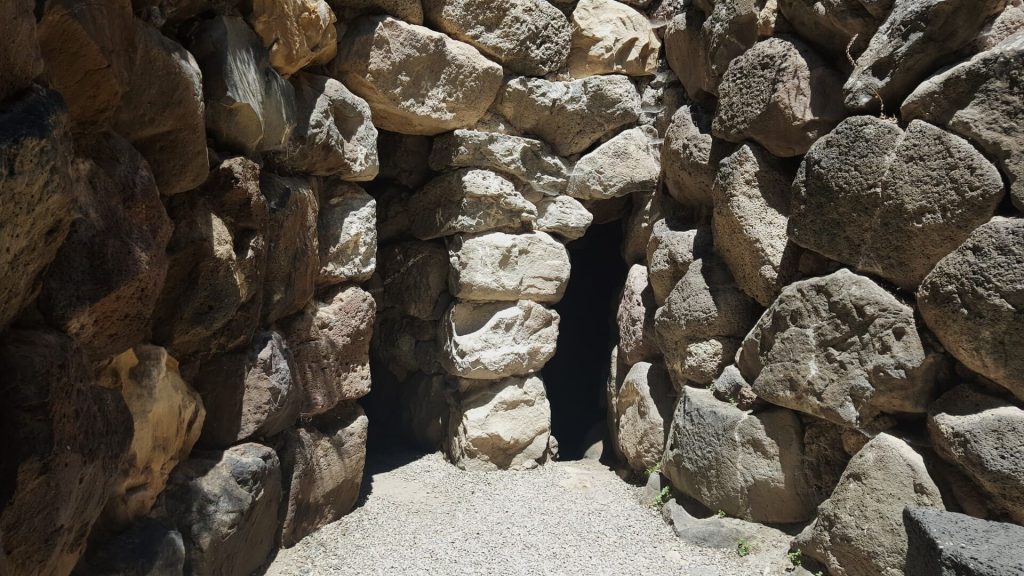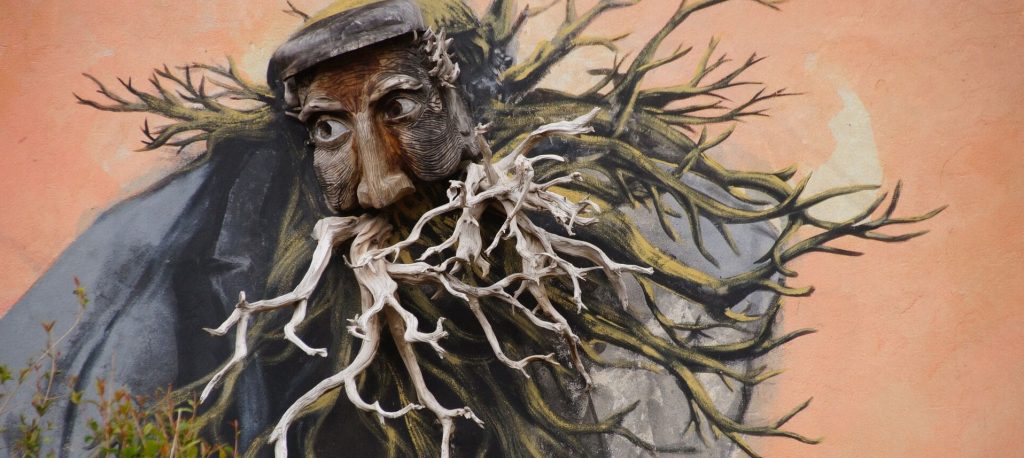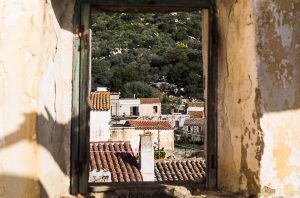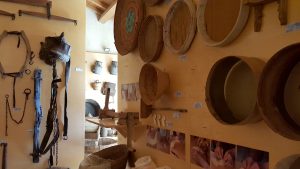Roots tourism, also known as genealogical tourism or heritage tourism, is a form of travel that focuses on exploring one’s origins, cultural roots, and genealogy. It is an exciting and engaging experience that allows people to discover their roots by visiting the places where their ancestors lived, exploring their family history, and connecting with their cultural heritage.
This type of tourism is based on the growing awareness among people about their own roots and the importance of preserving their cultural identity. Many travelers are drawn by the desire to explore their family history and reconnect with their roots, especially if they come from areas of significant emigration, as in the case of Sardinia. Roots tourism offers them the opportunity to do just that, allowing them to follow in the footsteps of their ancestors, visit the places where they lived, explore local traditions and cultures, and even meet distant relatives, even generations apart.
Through genealogical research, visits to museums, churches, cemeteries, and historical archives, roots travelers can trace their origins in Sardinia and discover fascinating stories about their families. This travel experience not only provides a deep sense of personal connection but can also help preserve and celebrate the cultural traditions of local communities.

Sardinia: a land of emigration and roots tourism
Over the centuries, hundreds of thousands of Sardinians have left their homeland in search of a better life elsewhere. The reasons for Sardinian emigration were varied. In the 19th century, difficult economic conditions, lack of job opportunities, and poverty drove many Sardinians to seek their fortunes elsewhere. Destinations such as Argentina, Brazil, the United States, and Australia were common for Sardinian emigrants.
During the period of mass migrations, from the late 19th century to the early 20th century, Sardinians left their families and communities to find work in coal mines, coffee plantations, and factories. They faced long journeys and economic hardships but brought with them their culture, cuisine, and determination to build a better life.
Sardinian emigrants contributed to the development of the communities where they settled, despite the fact that those with Sardinian blood in their veins know that the longing for their island homeland always remains. They worked hard, often in difficult conditions, and created social networks and mutual support systems. Many Sardinian communities were born in places far from Sardinia, keeping Sardinian traditions, language, and culture alive. A practical example is the dozens of Sardinian clubs around the world.
Emigration from Sardinia is an important part of its history and has helped shape Sardinian culture and identity. It is a testament to the courage and determination of the Sardinian people in seeking a better life while keeping their roots and love for their homeland intact, wherever they may be.
These love and roots are within reach for those who wish to embark on a journey of rediscovery and return to their origins. There are many Sardinian villages where you can rediscover your identity and meet distant relatives who are still alive.
Why Choose Roots Tourism in Sardinia
Only those who have experienced it know what an enormous emotion it is to meet a distant relative. Someone who can share anecdotes and unforgettable family stories. Visiting places of memory and your ancestors’ stories is something that transforms a beautiful vacation into a labor of love.
To discover your roots in Sardinia, here are typical activities of roots tourism in the context of Sardinia:
- Genealogical research: Explore historical and genealogical archives to trace your family roots.
- Visits to places of origin: Plan visits to villages and cities where your ancestors lived to connect with your family history.
- Exploration of historical sites: Discover ancient churches, castles, necropolises, and archaeological sites that testify to Sardinia’s millennia-old history.
- Participation in traditional festivals: Join local celebrations to experience Sardinian culture, traditions, and festivities.
- Meetings with distant relatives: Organize meetings with relatives or descendants of your ancestors to share family stories and experiences.
- Traditional cooking classes: Participate in Sardinian cooking classes to learn how to prepare authentic dishes using local ingredients.
- Exploration of artisanal traditions: Visit artisan workshops to discover the craftsmanship of textiles, ceramics, jewelry, and other Sardinian artisan traditions.
- Naturalistic excursions: Explore the island’s natural beauty through mountain hikes, beach visits, and national park tours.
- Meetings with local experts: Arrange meetings with experts in history, culture, and genealogy to gain insights and personalized advice.
- Participation in cultural events: Immerse yourself in cultural events such as concerts, theatrical performances, art exhibitions, and lectures.
Plan your visit now and be captivated by the magic of Sardinia!










